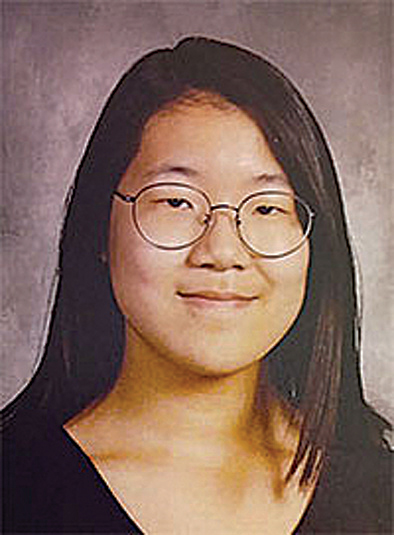
<뉴욕타임스>

Sua Shin North Hollywood HS 10th Grade
Although all people are entitled the right to education and humanitarian aid, no matter of race, gender, age, or location, the rights of child refugees have been egregiously overlooked and jeopardized. More than half of world’s refugees are children, but countries often refuse to support these young adults who are vulnerable to the world’s dangers, such as poverty and violence. Asylum-seeking children are turned down due to the countries’ unrelated situation, which should not be affecting their lives so miserably. Many are escaping from wars in Syria, Iraq, and Afghanistan? unaccompanied, uneducated, unhealthy, and unsupported.
Various ages from under 5 up to 18 mostly live in temporary refugee camps along the dangerous journey towards their “ideal destination” away from home. Because they cannot find a stable habitation to be taken care of, they have to share restrooms and sleeping quarters with strangers, exposing them to child abuse, human trafficking, and sexual assault. And in cases of traumas, these young vagabonds are not guaranteed post-trauma care from neither the camp nor its hosting country. Family reunification is also a main issue in this situation. When escaping a country separate from the rest of the family, refugees? adults and children alike? risk their rapport for their lives. Children often lose their childhood and innocence due to the lack of care from the parents and the exploitation of violence.
The United Nations General Assembly has passed and adopted previous resolutions related to this matter. In 1980, they passed a resolution asking the United Nations High Commissioner for Refugees to review “the actions which he has already taken to assist refugee and displaced children” and enforce it to ensure better conditions for these minors. Since then, due to increasing crisis around the world, the GA adopted resolutions regularly to remind states to protect children and take action to provide enough support. In general, most resolutions on minor refugees have been calling for reform, but none actually have been passing reform.
UNICEF formally opened its first Seoul Office for additional support to world’s children in April 2017, being the world’s 12th largest donor. As a strong representative, South Korea was able to host various programs and projects to assist unaided children around the world, including refugees and children under malnutrition and mental and physical disorders. Systematically, they would send teams to Africa and Middle East educate, treat, and house children who lack access to basic necessities to live normally as full adults compared to other nations worldwide.
The solution for this important issue is relatively basic. Starting from then other countries should improve the living conditions for child refugees and give them equal rights as regular adults. The countries should not have a lacking system that endangers children for trying to live a normal life like any other child in the world. An independent organization should be assembled under UNICEF that concentrates more on directing member countries to meet standards set by the parent committee. If a country is found to be aware but disregard the protocols put in place, trade sanctions will be enacted on the country until they resolve the issue. The Republic of South Korea believes that harsh punishment is justified for directly harming innocent children and not giving them rights to education, housing, and humanitarian aid. As seen from previous UN actions, insisting that countries claiming responsibility about their repercussion but not being enforced does not lead to change. By taking hard-line stance against harming minor refugees and their rights, this delegate assures that the Republic of South Korea will contribute supporting those with no home, no country, and no voice.
<
Sua Shin North Hollywood HS 10th Grade>


